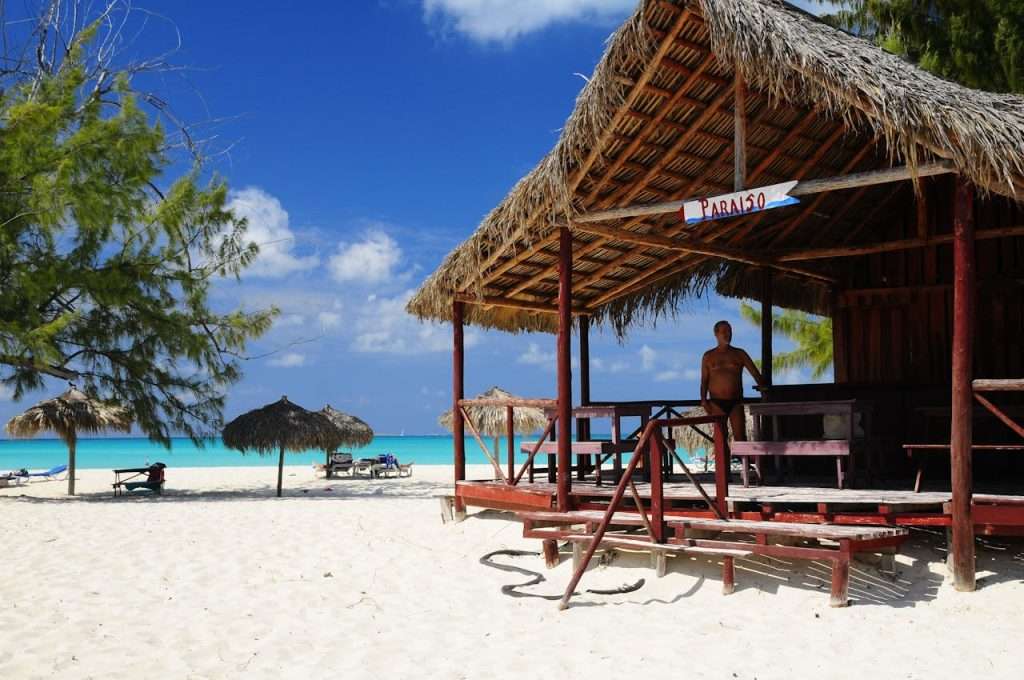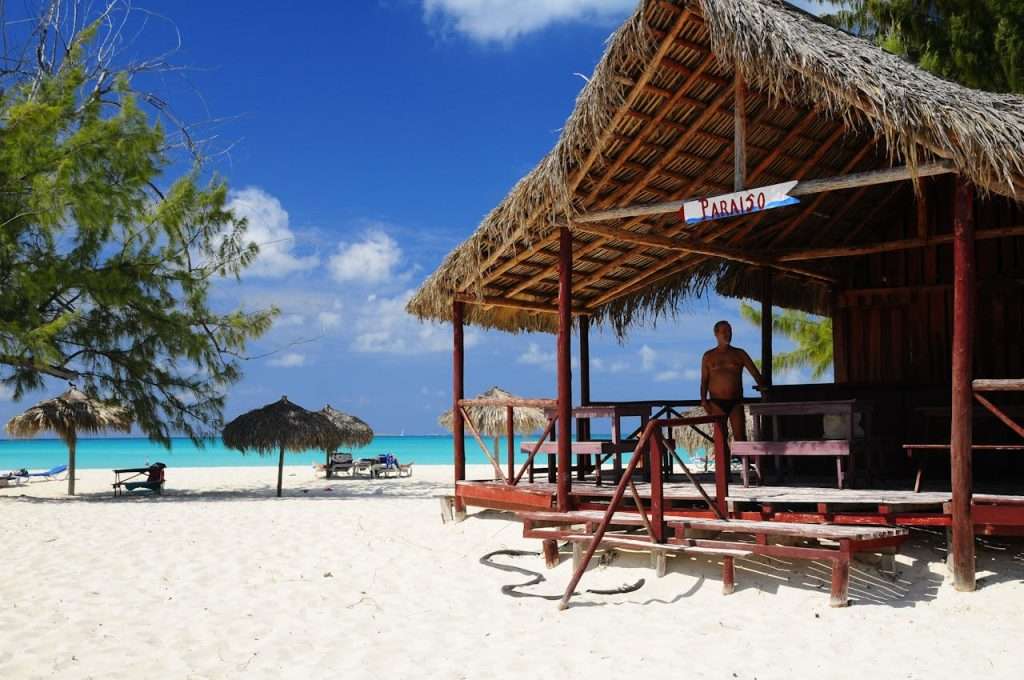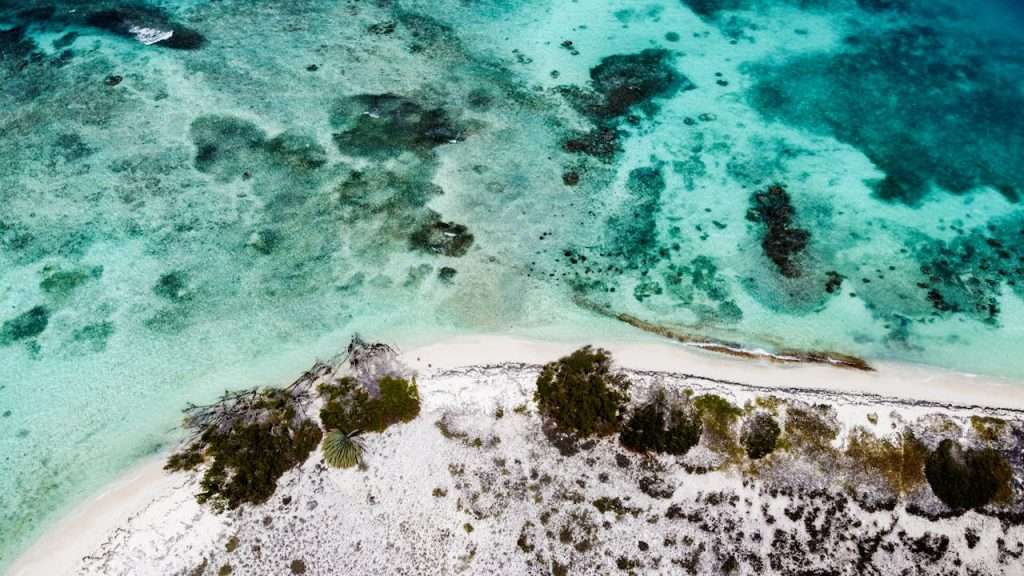The Caribbean is a dream destination for travelers from all over the world, but each country has different rules and policies for the entry of visitors. Cuba, with its unique visa system, differs markedly from other Caribbean destinations such as the Dominican Republic, Jamaica or the Bahamas. Here we explain what makes Cuba’s visa policies unique and how they compare with those of other Caribbean paradises.
Understanding the doors we walk through helps us value the worlds we discover.
Cuba’s visa policies: What makes them unique?
Cuba has a relatively simple visa system for tourists. In most cases, you will need a tourist card, which allows you to stay for 30 days and can be extended for another 30 days if necessary.
Special features of the Cuban visa:
- Clear purpose of travel: Cuba distinguishes between tourists, business, cultural and family activities, assigning specific types of visas.
- Pre-travel process: Most visas must be arranged before arriving on the island, either through embassies, consulates or travel agencies.
- Nationality restrictions: Some nationalities have additional visa requirements, such as invitation letters or more extensive procedures. You can find more information here:
Comparison with other Caribbean destinations
1. Dominican Republic
The Dominican Republic has flexible entry policies.
- Tourist card: Similar to Cuba’s, but can be acquired upon arrival at the airport for a certain cost.
- Exceptions: Nationals of many countries can enter without a visa, which facilitates spontaneous tourism.
However, in Cuba, the visa process ensures more detailed planning, perfect for those who want a deep immersion in the island’s culture and history.
2.Jamaica
Jamaica also facilitates the entry of tourists, especially those coming from countries with visa waiver agreements.
- Short stays: In most cases, you do not need a visa for trips of less than 90 days.
- Procedures on arrival: As in the Dominican Republic, many tourists only need a valid passport and a return ticket.
3. Bahamas
The Bahamas has a mixed approach that combines visa exemptions for several countries with simple processes for those who need a permit.
- Visa-free: Citizens of more than 100 countries can visit the Bahamas without a visa.
- Duration allowed: Stays of up to 90 days for most visitors without a visa.

I chose the Bahamas for its ease of entry, but I fell in love with Cuba after obtaining a cultural visa to study my music. Every destination has its magic, but Cuba has something you can’t explain: you feel it.
– Alan.
4. Other Caribbean destinations
- Aruba and Curaçao: As territories of the Netherlands, they follow the entry policies of the European Union.
- Haiti: Has a more restricted system, similar to that of Cuba, although with less tourist frequency.
- Barbados: Allows visa-free entry to citizens of many nationalities, but with strict immigration controls upon arrival.
How to choose your destination according to visa policies?
For a specific cultural experience:
Cuba stands out for its cultural and organizational approach. If your purpose includes cultural, professional or research activities, Cuba-specific visas can facilitate the process and guarantee a more focused experience.
For long stays:
If you plan to stay for extended periods, Cuba is more than ideal if you are willing to manage the extension of your visa. It’s not complicated at all!
The Caribbean has something for everyone, from the laid-back beaches of Jamaica to the rich history of Cuba. Knowing the visa policies of each destination will help you better plan your trip and enjoy every moment without worry. If you choose Cuba, get ready for a unique experience full of culture, history and warmth.
Choose Cuba, the best option! We help you with your visa process here. Start your Caribbean adventure on the right foot. 🌴✨

